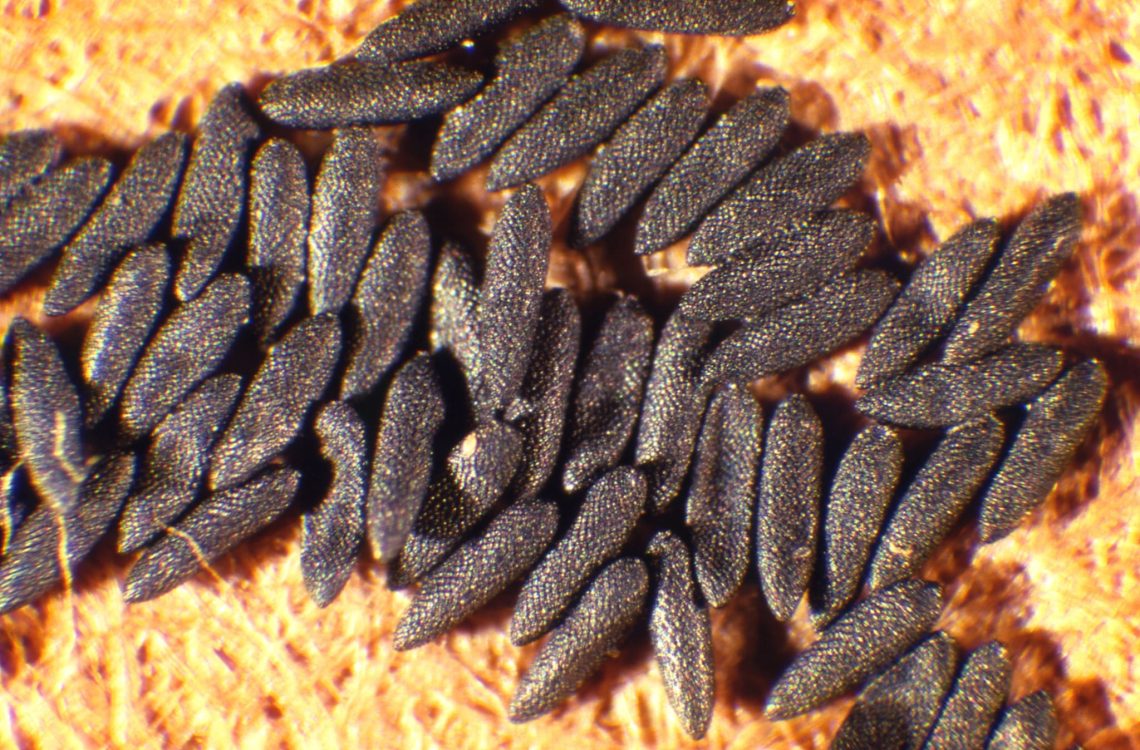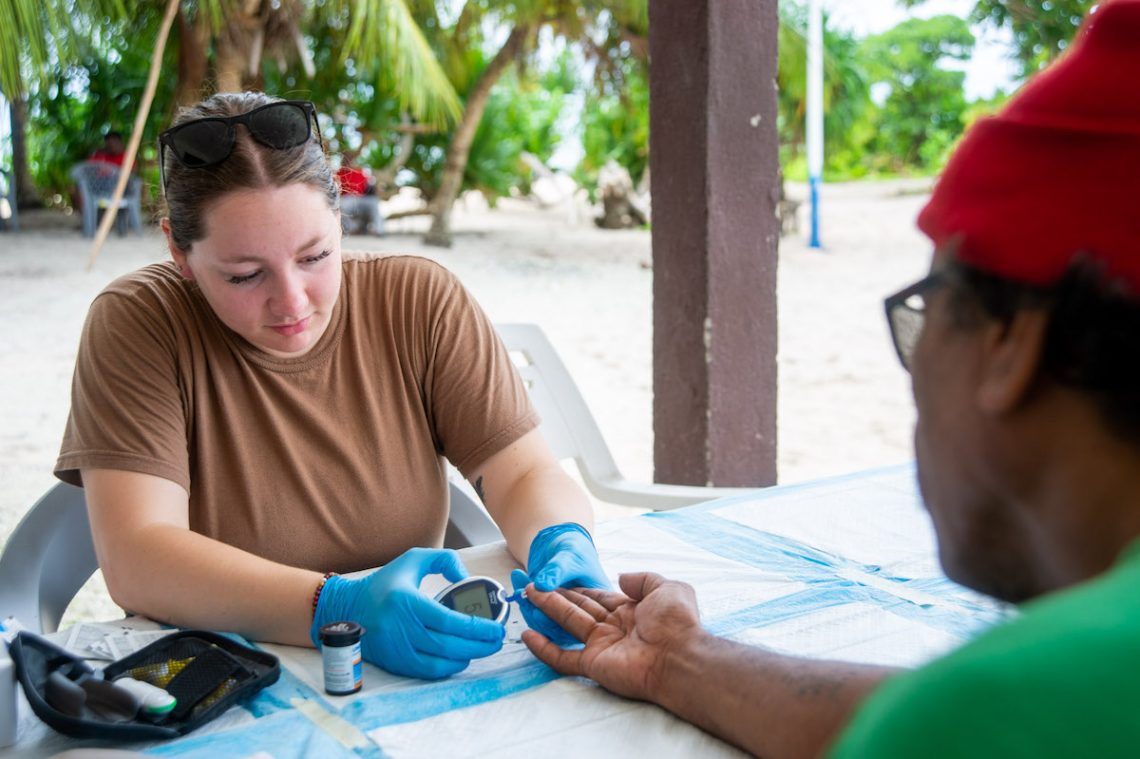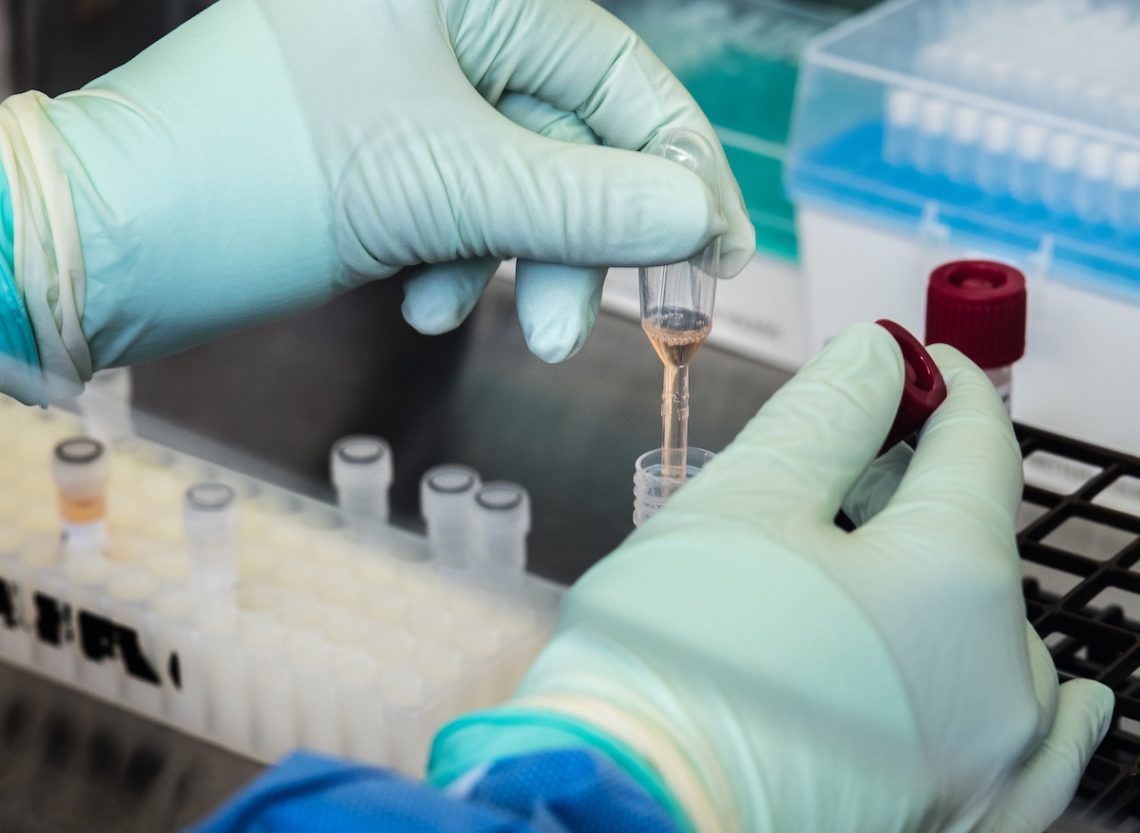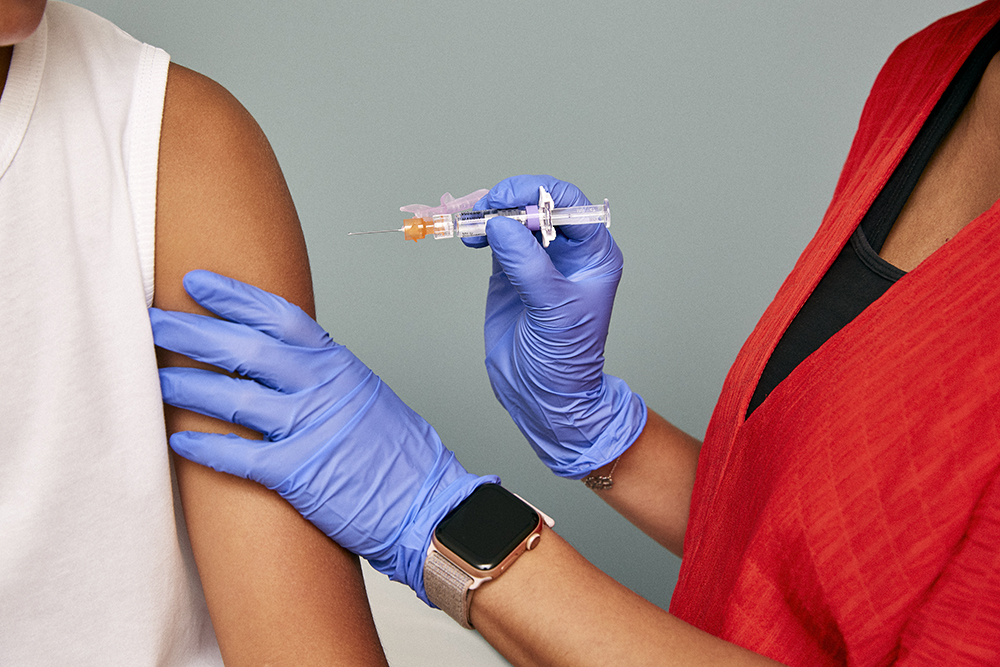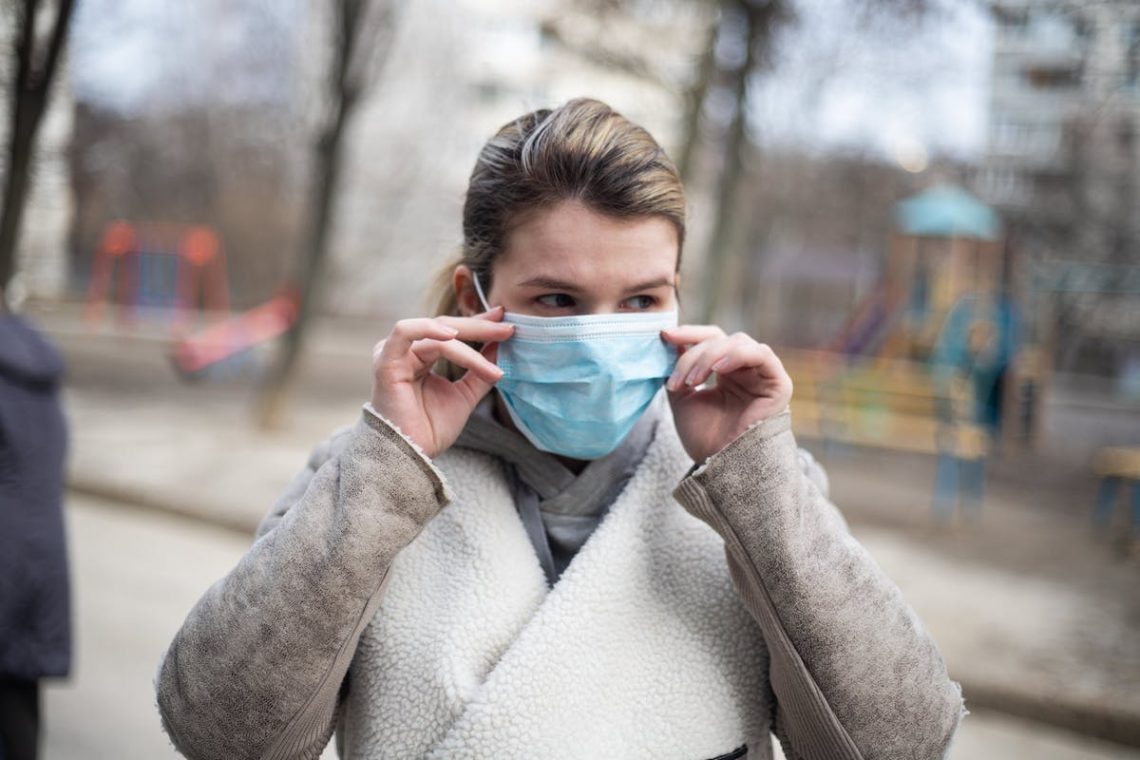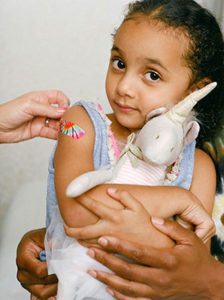Tag
vaccines
-
Why context and risk assessment are vital in disease outbreak coverage
Multiple outbreaks and unusual cases of infectious disease are in the news right now. That means it’s more crucial than…

-
Why journalists should stop overlooking tuberculosis coverage
Tuberculosis is the second deadliest infectious disease in the world, but U.S. reporters often overlook it as it affects relatively…

-
Science magazine reporter Jon Cohen digs deep into history of coronaviruses
Science journalist Jon Cohen discusses how he reported on the history of coronaviruses and their link to SARS-CoV-2.

-
Alert your audience about the global rise in measles cases
Measles outbreaks have greatly increased globally and may increase in the U.S. due to falling vaccination rates.

-
How to cover this year’s worsening respiratory illness season
Respiratory illnesses are seeing an uptick in 2024. Here’s what you need to know to report on COVID, RSV, the…

-
Florida reporter tackles state surgeon general’s COVID-19 vaccine misinformation
In October 2022, Tampa Bay Times health care reporter Chris O’Donnell covered the controversial decision by Florida’s surgeon general, Joseph…

-
How the pandemic changed vaccine development
The COVID-19 pandemic spurred unprecedented public and private investment in vaccine research and proved that multiple vaccines could be developed,…

-
Bivalent booster efficacy and covering vaccination rates among seniors
The CDC is urging everyone, especially older adults (65+) to get their bivalent COVID-19 booster as soon as possible. Among hospitalized…

-
Two new studies address fertility and COVID vaccines
One of the most persistent concerns about potential adverse effects from the COVID-19 vaccines has been whether they will affect…

-
Don’t forget about coverage of other vaccines
Reading the news these days, it seems the word “vaccine” automatically refers to the COVID-19 vaccine, no matter the context.…

